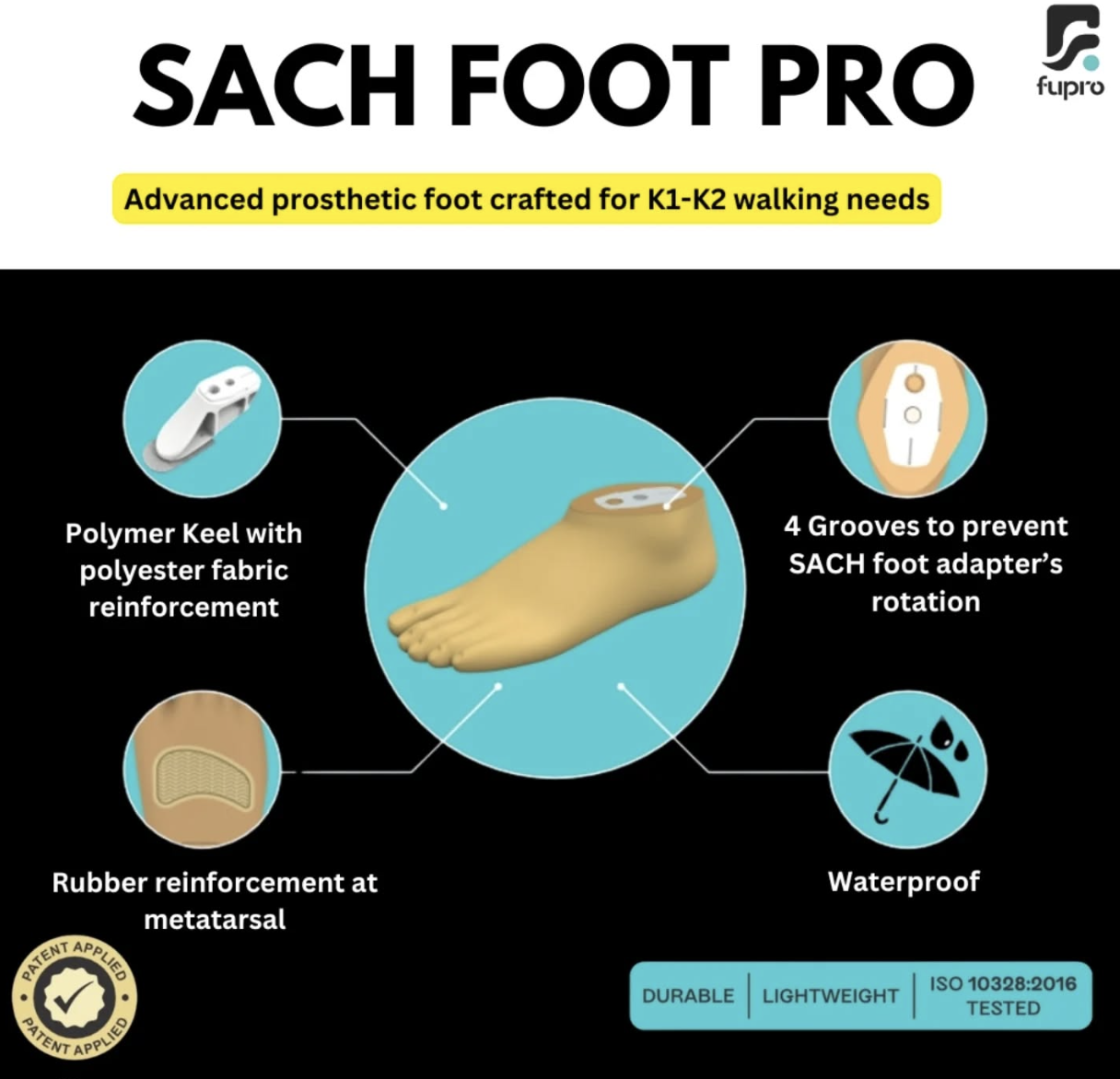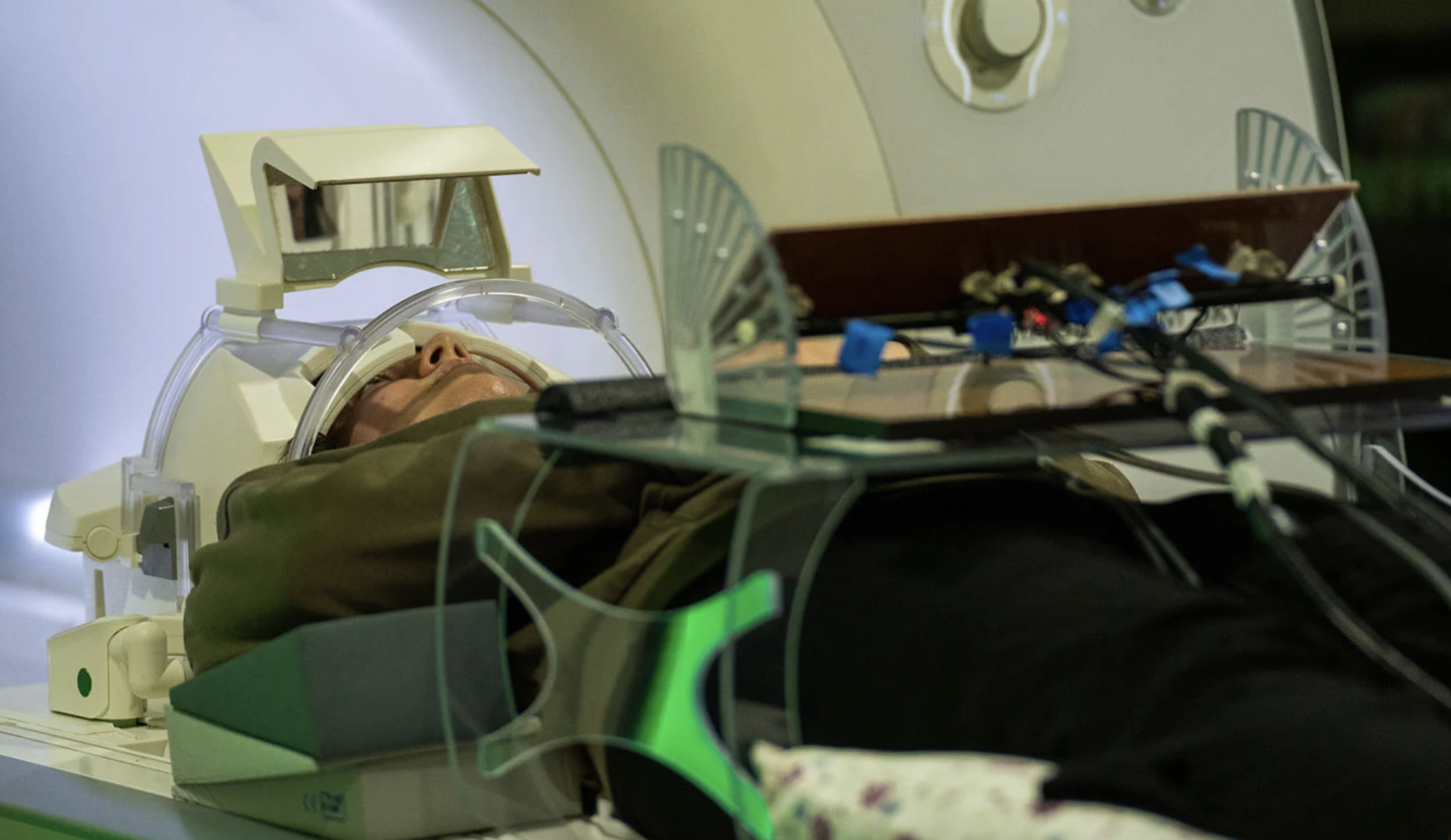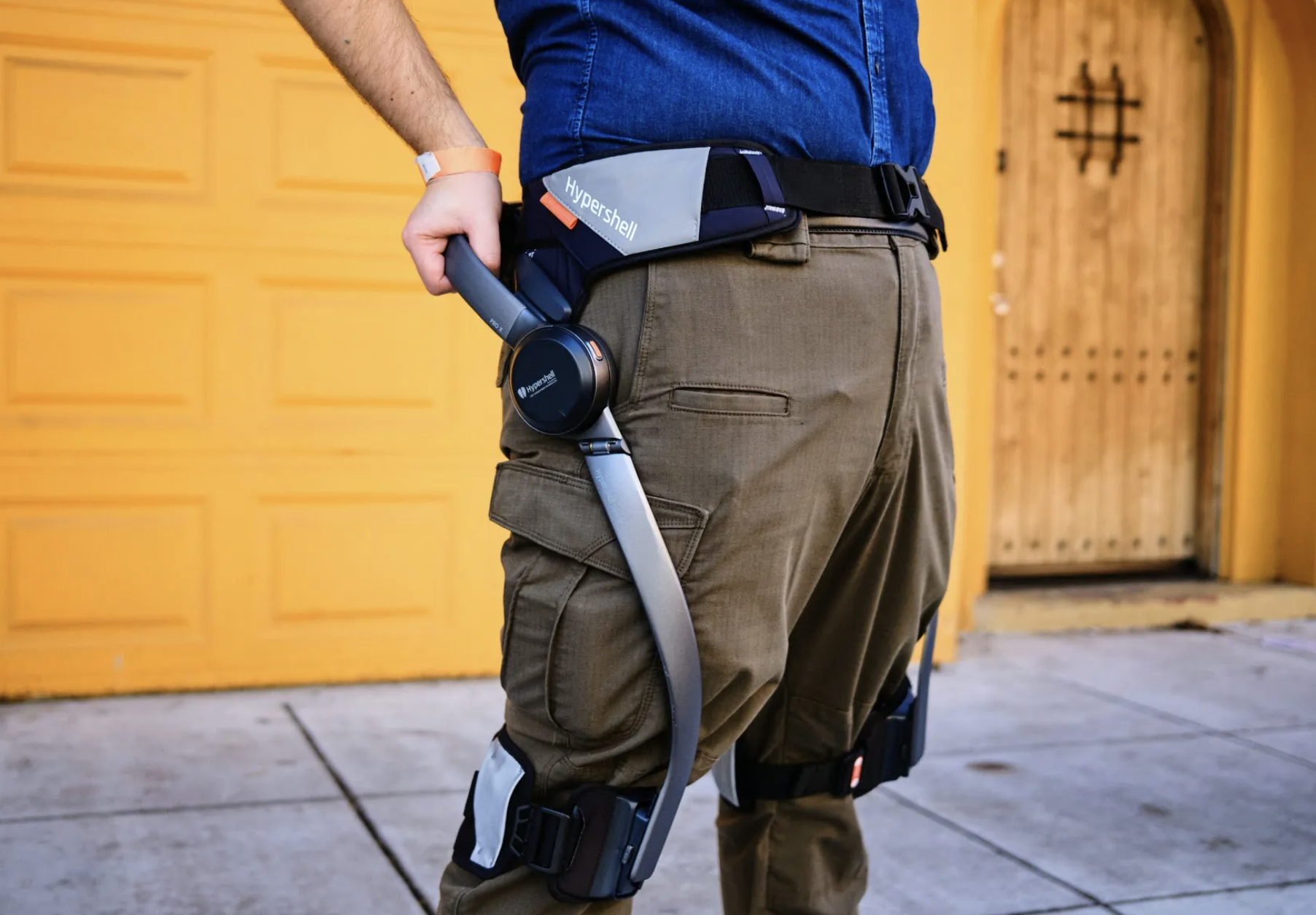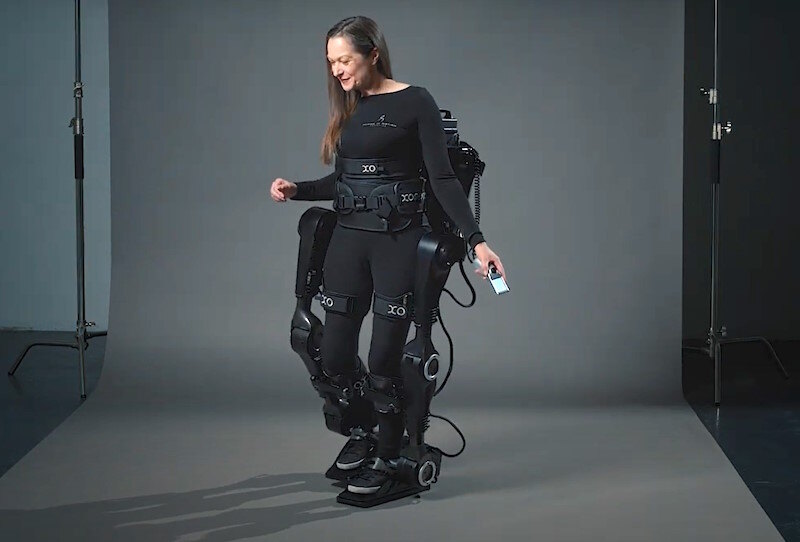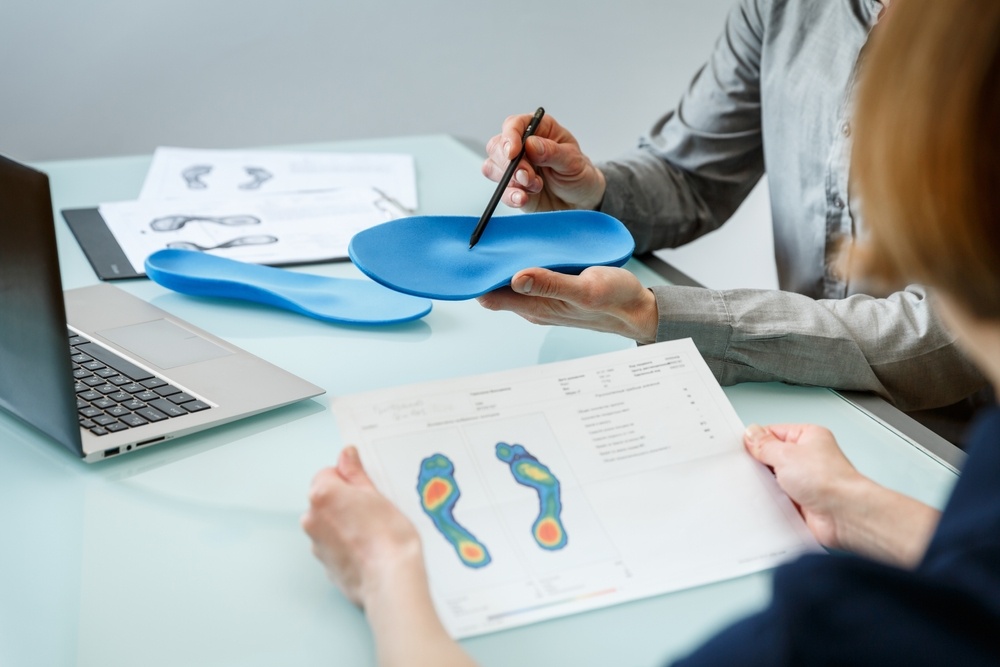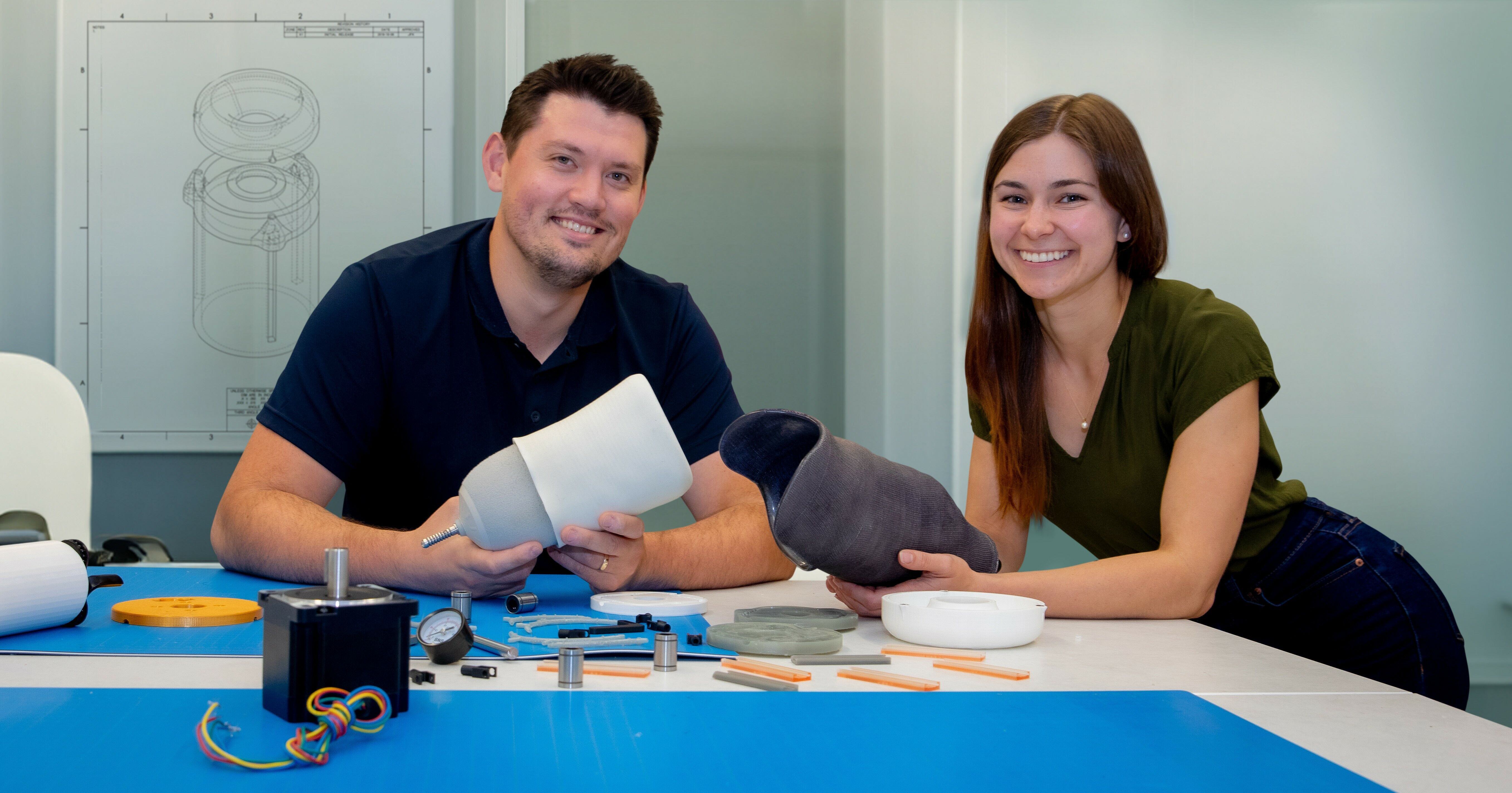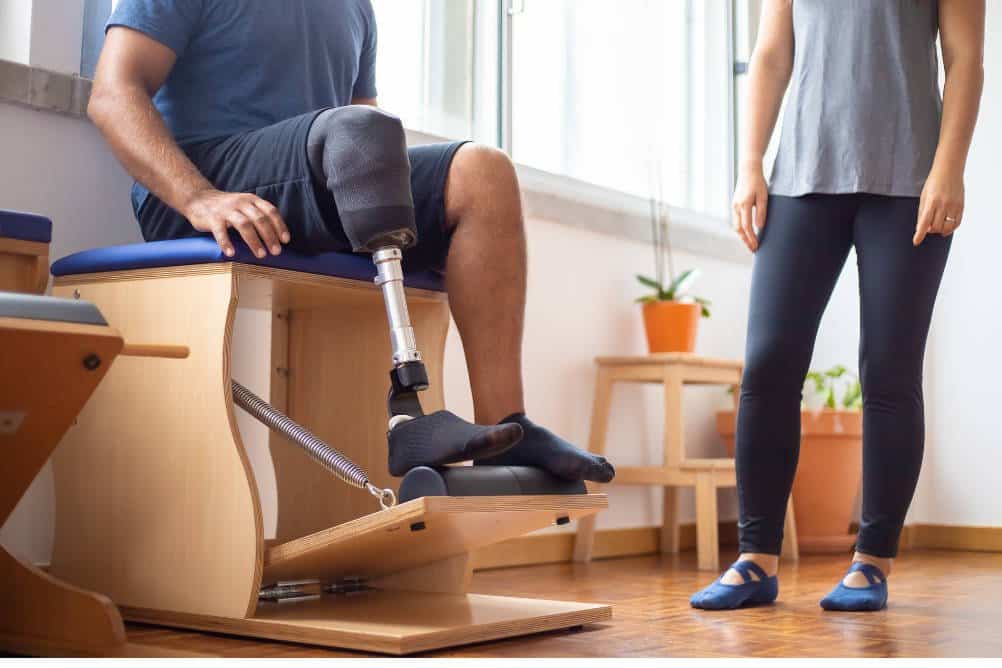While hi-tech prosthetics are trickling into the market, the World Health Organization estimates that, as a result of the lack of access to high-quality healthcare across the globe, only one in 10 people who need a prosthesis have access to even basic assistive products. Swiss-Kenyan venture Circleg is working to address this with a low-cost prosthetic leg that was launched last year. “Most people who need prosthetics either don’t have access to it or can’t afford it,” says co-founder Simon Oschwald. “There is a huge gap between provision and demand that we are working to fill.”
Oschwald and Circleg co-founder Fabian Engel originally developed the prototype for the prosthesis as their bachelor’s thesis in industrial design. The leg is modular, size-customisable and can be assembled locally in Nairobi. It is sold as part of a holistic package that includes orthopaedic training for fitting sockets and starts at as little as $350 (€332) – a fraction of the prices for state-of-the-art prostheses such as Ottobock’s Genium X4, which can run into six figures. After a year in business, Circleg has B2B clients in East and West Africa, and has just expanded to Latin America. “When you lose a leg, the main barrier is that you are seen as disabled and unable to provide for the community,” says Oschwald. “We are trying to shift that perspective.”



